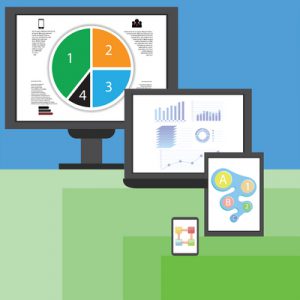 Mobile Devices and Your Network’s Security
Mobile Devices and Your Network’s Security
The iPhone 8 was recently released, the iPad production train keeps rolling, but Android devices still have their fair share of the market. In an age where technology and business rarely spend any time apart, think of all the devices you use.
If you are a business owner, what devices do your employee’s use? Are any of these devices used on your network or to access company email? There could be some security risks involved.
How are you affected?
It is a new time, where reportedly nearly 50% of all U.S. employees use an Apple product at work. Of those, 63% of the products are employee-owned. Most of those have limited security and are used for all sorts of corporate tasks.
Many Android users will fall into the same category. They use their personal products and that’s great, but if you don’t allow a computer to have free roaming power, why should a cell phone? People are typically inclined to use easy-to-remember passwords or pin codes. And on easily-lost cell phones? Most passwords are one word at best. Imagine your financial information only being protected by 1 word or 4 numbers. It is about vulnerability and mobile devices can cause them.
Don’t get me wrong, not every business needs to worry. However, when you have sensitive or proprietary information that you don’t want in the wrong hands, you may want to consider allowing mobile devices on your network or to access any company data.
What can you do?
Save yourself the headache: have a segmented network, or a guest network for mobile devices. Keep emails separate and, if an employee handles sensitive information, make sure the home devices they use to access data have similar protection to what you’d want to see at the office.
It isn’t likely you’ll lose all of your money or private information, but why risk it?
(Image Source: iCLIPART)


 Mobile Devices and Your Network’s Security
Mobile Devices and Your Network’s Security